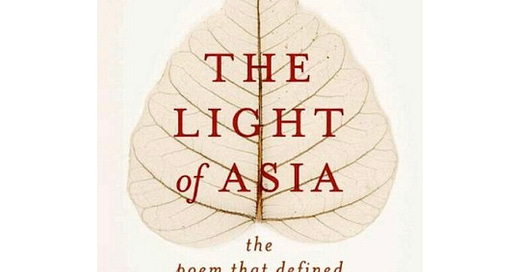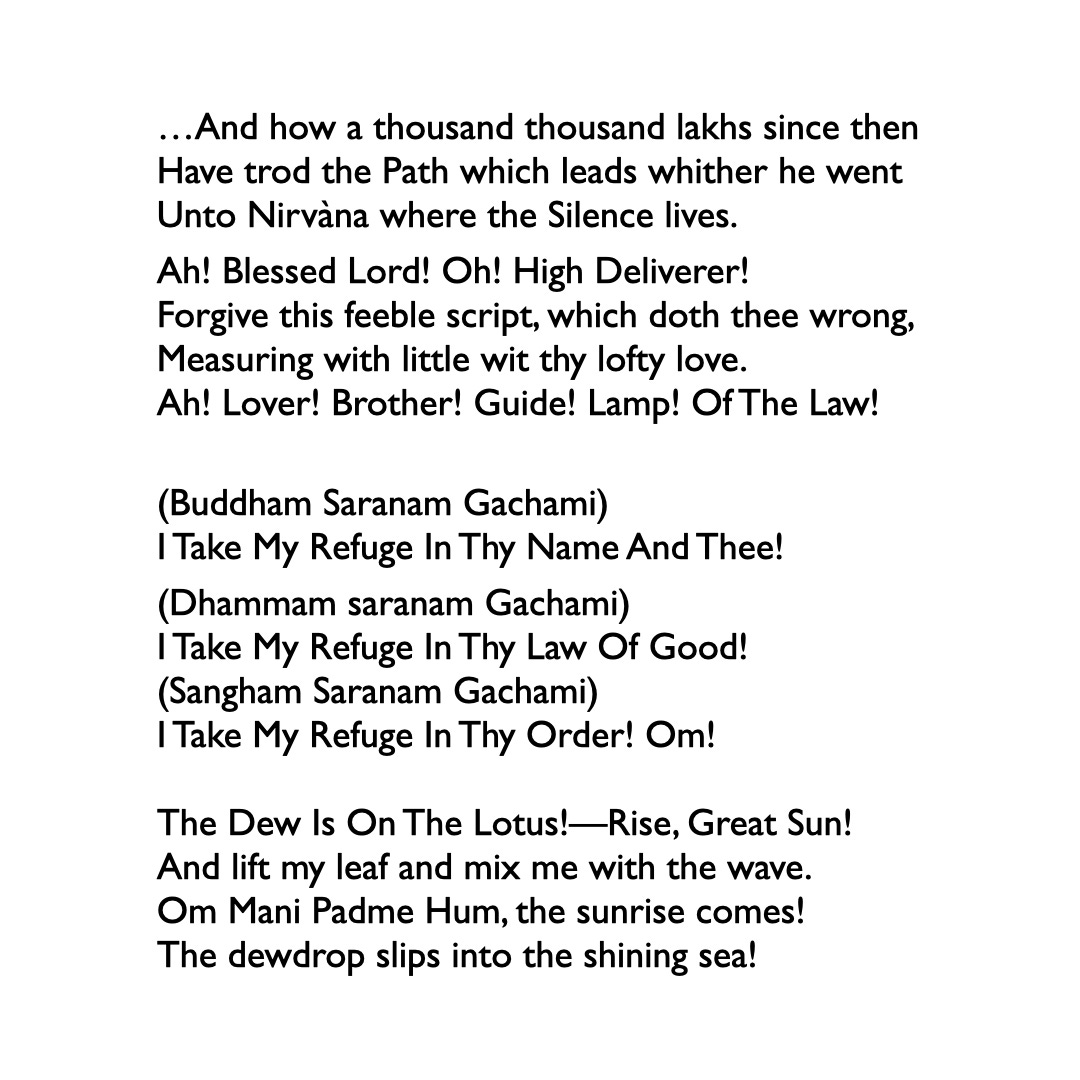Some of you know that I have, in the past few days, been involved in curating poems that accompanied artworks in an exhibition called Transit that is currently showing at Bikaner House, Delhi. The poems have been used in the catalogue, and some excerpts displayed in the exhibition itself. In this post, however, I wanted to share with you a tangential story that this exhibition precipitated.
So…when the curator of the exhibition, the remarkable Lina Vincent, told me who the chief guest of the event was going to be, I burst out laughing. Jairam Ramesh. This is not in itself humorous, at least not without the context of our last ...er… encounter. This is the second time I was part of an event that had Jairam Ramesh presiding as Chief Guest. The first time was at my convocation ceremony, and I was to receive my Master’s certificate from this man, who at that time, I have to admit, I detested. As a student at TISS, in 2011, I was fiercely against Ramesh’s stand on the proposed nuclear power plant at Jaitapur. Many students, primarily from Social Work, had worked with the adivasis, and the various communities that would be affected by the plant. We had several discussions at the time, and we decided to protest our director’s decision to have him as chief guest. Students who entered the auditorium were wearing black shirts, or t-shirts with the slogan - “Sarvaani Garja, Nako Aanu Urja”. Some of us wore black inside the auditorium. I wore a black kurta with an anti-nuclear badge. I did not have black trousers. I think I ended up looking very comical, like a Shabrimala devotee, with a mundu. I did win some award in my college, and so I was to be called up a couple of times. I (and a couple of other students from Social Work) were designated to give a report about the situation at Jaitapur that was compiled by the students. He refused to take the report (and our manifesto) from another Social Work student, and I think he threw it away a few moments after I gave it to him. I do remember him removing the anti-nuclear badge I was wearing. Every photograph of that day that I possess, where I am with Jairam Ramesh- my gaze is filled with daggers.
Yesterday, at the event I reminded him of our previous encounter - ‘The last time I met you I was protesting you’. Pat came his reply - ‘Ah, establishment now!’ I grinned, sheepishly. Within a few seconds, he remembered everything - 2011, Jaitapur, and how we refused to take our degrees from him. It was an odd sort of reconciliation. He immediately acknowledged the relevance of our resistance, and talked about how, even to this day the villagers are fighting for their rights there. Many social work students from our batch have continued their engagement with marginalised communities across the country. Pranab Doley was one of the key student activists at the time, in the protest, who refused to enter the auditorium till the end (it was covered by several media houses - the image of Pranab, along with others sitting outside our convention centre, was perhaps more popular than any ‘official’ image of Ramesh giving a speech, or handing out degrees). Perhaps Pranab, who has even gone to jail in Assam for his commitment to the cause of indigenous people and the farmer's’ community, will be furious with me for having reconciled with Jairam Ramesh. I understand his fury. I think Jairam Ramesh would too. Eventually, he managed to bring us to the table for a discussion, in which he carefully deconstructed our arguments, and ripped us apart with that rhetorical dexterity he is well known for. We were young, unprepared, and more smoke than fire. We did not have the experience or depth of engagement to take on a seasoned politician and public figure such as Jairam Ramesh.
But what I felt while talking to him yesterday and we made a few jokes about it (and this is the main reason I’m sharing this story today) was the difference between that time and the times we now live through. I’m not sure I align completely with Jairam Ramesh’s politics, still. But both then, and now, he showed an openness to new ideas, and an honest interest while listening to young people. I’m sure that if I were to challenge his opinions openly, he would engage in meaningful tarka. This is something I respect.
Sometimes we laugh about it at TISS - ‘Imagine, at that time we protested Manmohan Singh and Jairam Ramesh’. Our rebellion was recognised, and Ramesh came to us, and told us - ‘Come let’s talk’. He is, like Pranab and me, resolutely anti-fascist. Today protestors are treated worse than terrorists in our glorious democracy. Either they are jailed for speaking out, or mowed down mercilessly - murdered in cold blood. It really got me thinking, how quickly the times have changed, how we look over our shoulders nowadays, always at the threshold of fear. As a student I was insulated from many things, but back then, ‘the spirit of protest’ was understood and encouraged (Even yesterday that was the last thing that Jairam Ramesh said before he left the exhibition - ‘Don’t lose the spirit of protest’). Well, nowadays we have a bunch of jokers running riot in the streets with a government that has given them the license to kill.
Perhaps it is best to remember the Buddha’s teachings, as Ramesh reiterated in his short reading from his book ‘The Light of Asia: The poem that defined the Buddha’, at the exhibition. I’m sharing here an excerpt from ‘The Light of Asia’, the original poem by Edwin Arnold that the book is about. Please note I have not read the entire poem, nor have I read Ramesh’s book. The metaphor that the poem ends with, stayed with me, however. Moreover I wanted to record this story in this archive. Poets can be superstitious sometimes, I guess, but this was one hell of a coincidence won’t you say? Prayag Shukla, the other special guest who was at the opening of ‘Transit’, is a well known poet writing in Hindi. So on the first day of an art show, poetry was everywhere, seamlessly making its way through the artwork. I like how life always closes the loop, and how, if you look close enough, you will always find poetry.
Subscribe to Poetly to read beautiful poetry, and listen to some stories about poetry…




